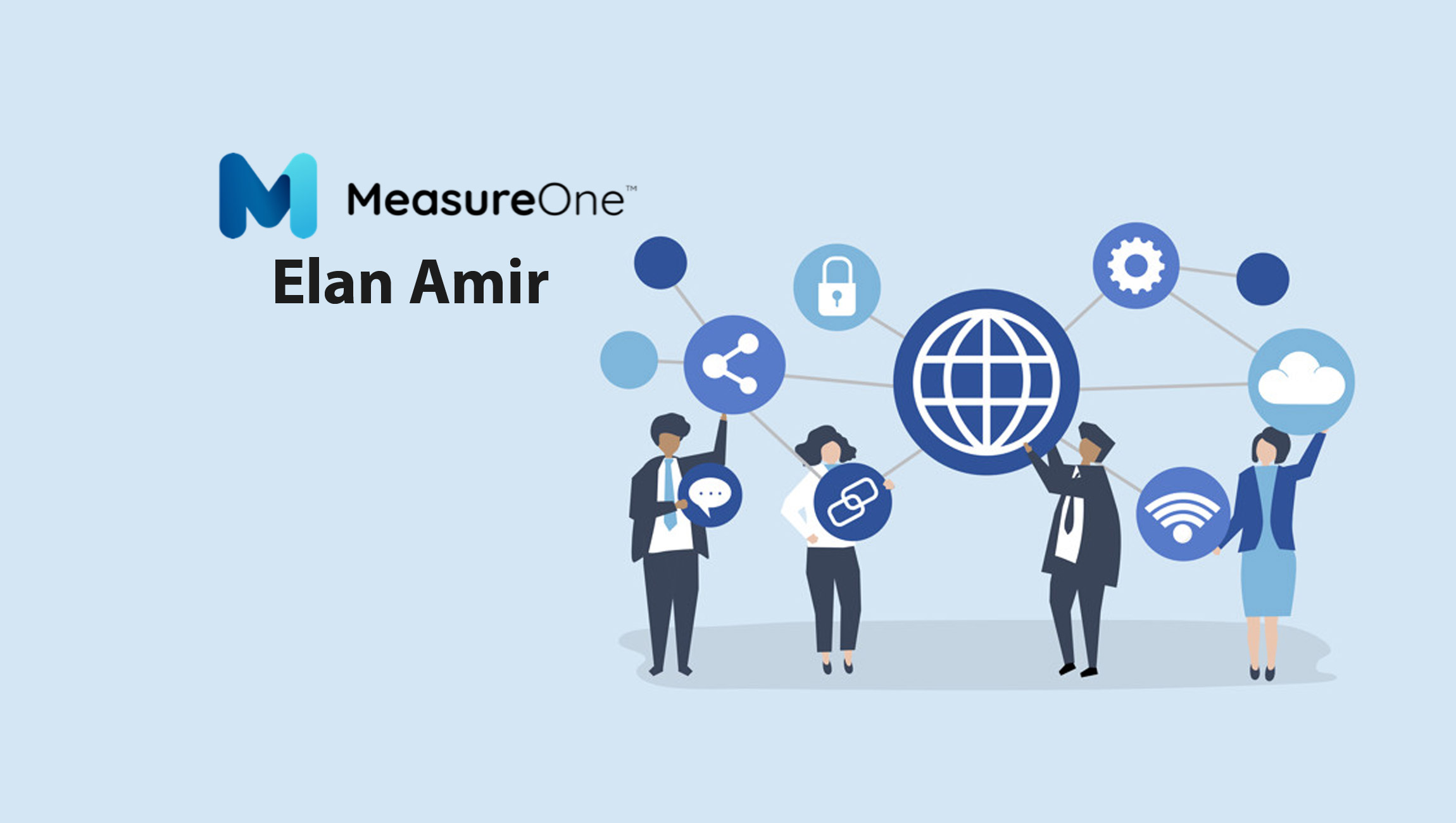At a time when technology is automating much of the cumbersome processes of recruitment, employment screening, and talent retention, it should come as no surprise that the way in which candidate and employee verifications have been conducted to date is also being revamped. Historically, an employer asks a candidate for references from recent previous employers, and will directly contact those companies or go to a third party data provider, which can be a costly process. There is a new model emerging, consumer-permissioned data sharing, and it’s not only changing the dynamic between employers, employees and prospective job seekers, it’s creating a much more transparent and trusted exchange mutually benefitting all parties.
Marketing Technology News: MarTech Interview with Donna Tuths, Chief Transformation and Innovation Officer and CMO at…
What is consumer-permissioned data sharing and why is it important?
The concept of consumer-permissioned data began in the financial services industry as a way to access consumers’ financial data to unlock access to financial products and services, such as apps like Venmo. However, we’re now seeing its broad applicability across all manner of industries where information needs to be safely and securely shared between individuals and businesses. Driven by concerns of privacy and a more efficient data exchange, the rapid acceptance of a consumer-led data model is reshaping the verifications and consumer data exchange landscapes.
The importance of consumer privacy is at an all time high. Notably, Apple recently launched an ad campaign focused on their deep commitment to privacy. It’s imperative that privacy remain paramount, with consumers retaining control and knowledge over the use of their data. In the age of GDPR and state-level protections such as California’s CCPA along with numerous other states currently legislating privacy similar to CCPA, consumers are at a turning point in demanding greater control over their data with no exceptions.
The silver lining in a consumer-permissioned data exchange is that it drives an efficient data exchange process. Historically, for a business to get consumer data it may require several interactions to acquire the requested data. Under a consumer-permissioned data exchange approach, in general, there is just one interaction. A verification that used to take days can now be done in seconds, saving all parties time and, ultimately, reducing the cost of the transaction.
Consumer-permissioned data sharing’s impact on HR processes
We are now seeing HR professionals, background screening companies and innovative start-ups begin to adopt this concept in order to accelerate the employment screening process – from verifying education information, such as degrees earned and schools attended, and employment history. There is a treasure trove of information that can be made both consumer-approved and more accessible, including:
- Employment Verification: verify employer names, job titles, hire and end dates to confirm the accuracy of both current and former employment information.
- Education Verification: verify degrees earned, GPA, attendance dates and other transcript information, if requested and consented by the applicant. It’s estimated that upwards of 40% of applicants lie about their education credentials. Unlocking access to this information from a trusted source is imperative to vet new hires.
- Income Verification: Verify compensation for salaried and gig workers.
Marketing Technology News: MarTech Interview with Jamie Mellalieu, Chief Revenue Officer at UserZoom
There are a few key rationale that reinforce the need for adopting a consumer-permissioned data sharing model as part of the talent acquisition and retention process:
- Highly available applicant personal data through connections to their online accounts
- Privacy protections provided through a employer’s or background screening company’s’ consumer privacy policy agreed to by applicants
- Quality and provenance ensured through direct access to the applicant’s education and employment trusted data sources
- Efficient process that establishes a direct connection between the employer/background screening company and both current and prospective employees
- Rapid data accessibility limited only by an applicant’s desire to share
- Trusted relationship with employees and job candidates who feel empowered by having full control over who can access their data, for what purposes, and how it is retained
Evaluating the systems that provide consumer permissioned data sharing
Over the last couple of years, there have been numerous companies from early stage to more mature establishments offering seamless access to education, income and employment data. Several companies have offered API access as a solution to data sharing, but many are approaching the market too narrowly focused on only one aspect of data sharing for verification and other business needs. If speed and data accuracy are priorities for the HR industry, the process needs to be as inclusive and streamlined as possible. Job seekers and employees don’t want the nuisance of accepting a multitude of data access requests, and neither employers nor background screening companies want to build multiple hooks into their applicant tracking systems and employment screening platforms. This approach is destined to be viewed just as time-consuming and frustrating as the traditional manual approach.
A horizontally minded, platform-based, streamlined and consumer-permissioned approach to data sharing is truly the only way to meet the needs of employers and employees alike, and a major leap forward in improving the interaction between them by offering mutual benefits: speed, accuracy and consent. These are attributes that benefit not only the HR industry, but all industries who desire to build both trust and authenticity in their relationship with consumers, in turn increasing the consumers’ confidence and loyalty.
Marketing Technology News: MarTech Interview with Tyler Lessard, VP Marketing at Vidyard











